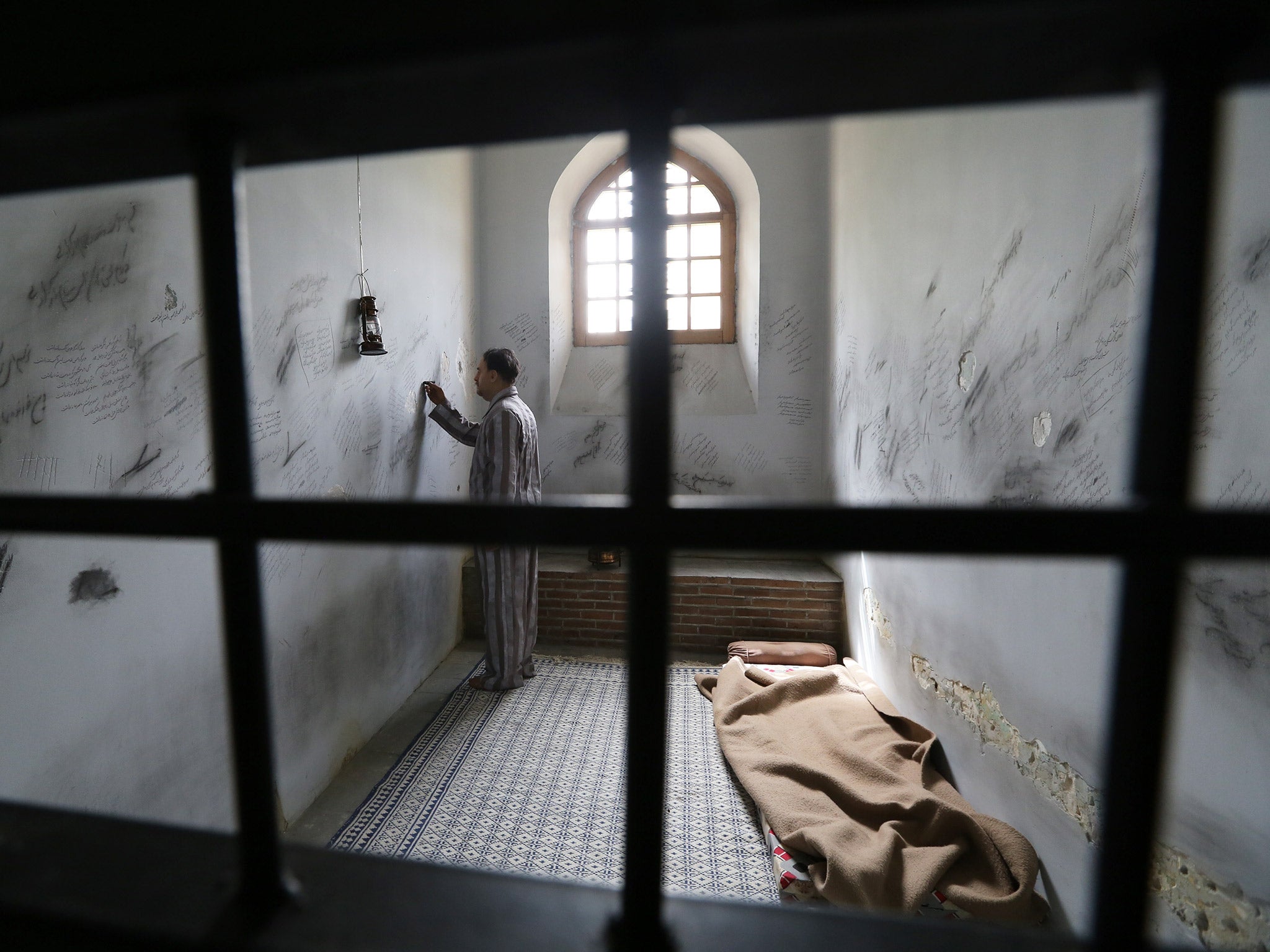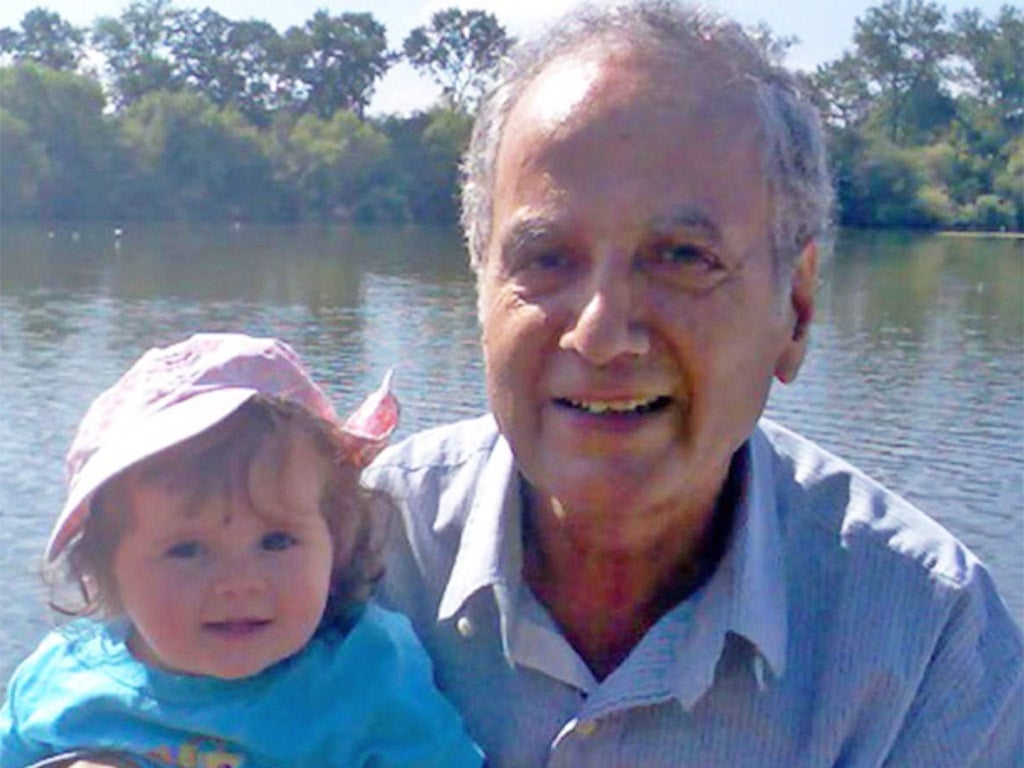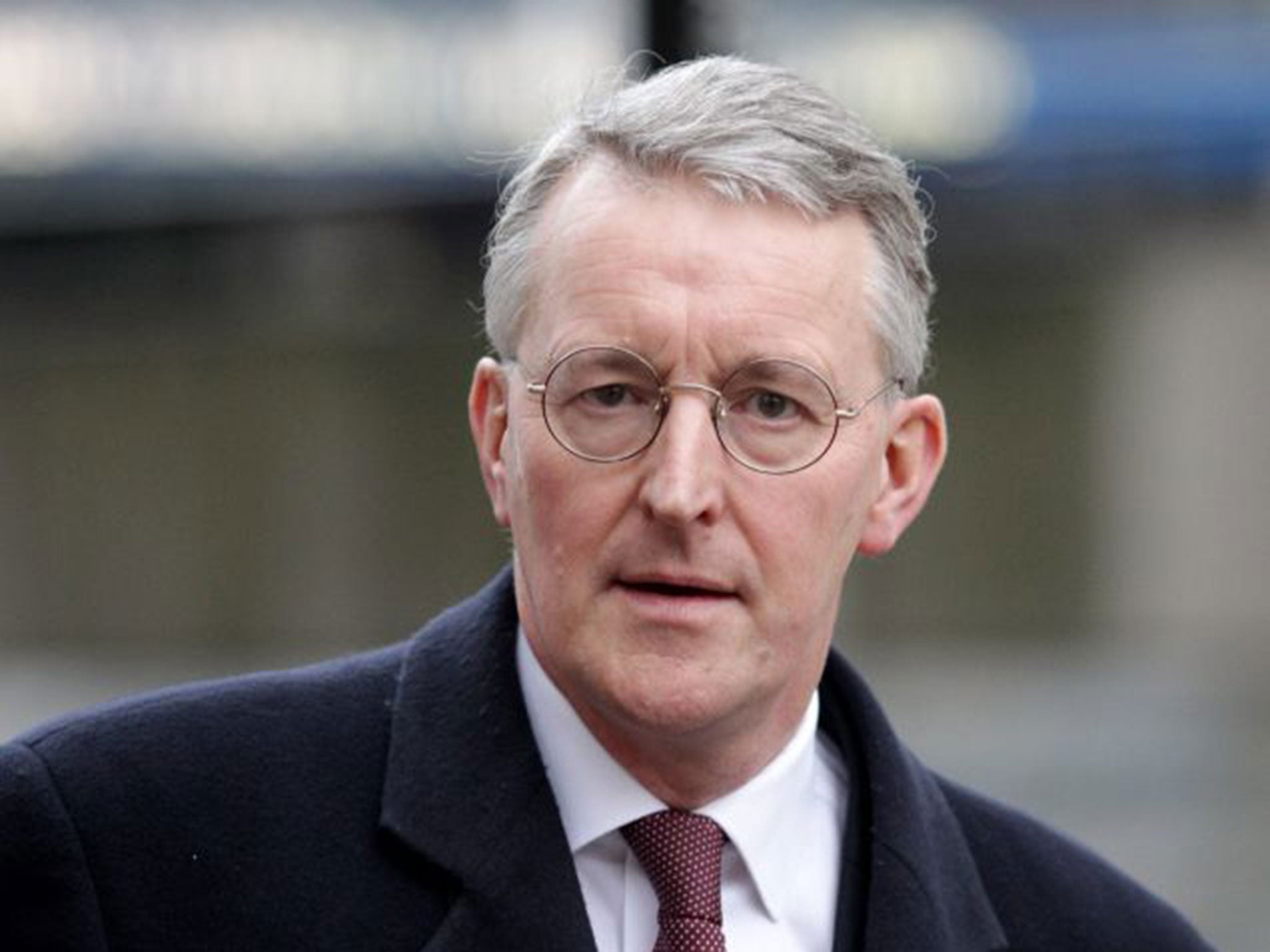Iran urged to free imprisoned British citizens on humanitarian grounds
After US captive release, concern grows for jailed Britons

Your support helps us to tell the story
From reproductive rights to climate change to Big Tech, The Independent is on the ground when the story is developing. Whether it's investigating the financials of Elon Musk's pro-Trump PAC or producing our latest documentary, 'The A Word', which shines a light on the American women fighting for reproductive rights, we know how important it is to parse out the facts from the messaging.
At such a critical moment in US history, we need reporters on the ground. Your donation allows us to keep sending journalists to speak to both sides of the story.
The Independent is trusted by Americans across the entire political spectrum. And unlike many other quality news outlets, we choose not to lock Americans out of our reporting and analysis with paywalls. We believe quality journalism should be available to everyone, paid for by those who can afford it.
Your support makes all the difference.Iran is under growing pressure to agree the immediate release of three British citizens from prison on humanitarian grounds, amid fears that at least two of them may die behind bars.
Hassan Rouhani, the President of Iran, told David Cameron this week that he would “look carefully” at the three British cases, which include a woman who was jailed for making anti-government comments on Facebook and a 76-year-old businessman imprisoned for committing “espionage”. The identity of the third Briton is unknown.
Iran freed four dual US-Iranian nationals at the weekend as international sanctions on the country were lifted. Campaigners are now calling on the Foreign Office to ensure the three British citizens – who are also dual nationals – are released before their health declines further. Their families and supporters are desperately worried that they may die in jail if the UK Government does not step up its efforts.
Amnesty International said the UK should be “following the US’s lead” by ensuring the release of the British prisoners. “With UK ministers hailing the nuclear deal, you have to ask – where is the pay-off for the British detainees still behind bars in Iran?” said its individuals at risk campaigner Kathy Voss.
One of the cases involves Roya Nobakht, 49, who has been imprisoned in Iran since 2013 for posting derogatory comments about the country’s government on Facebook. Campaigners working for her release claim she has been subjected to “physical and psychological torture” in jail and recently collapsed in her cell after being denied access to medication for depression.

The second case involves Kamal Foroughi, a grandfather who has been in jail since 2011 and is serving an eight-year sentence for espionage offences. His family, who believe his only crime was regularly travelling to the UK and having British friends, say he did not receive a fair trial. He was given his first medical examination in November, 1,658 days after he was first detained.
His son Kamran, 40, who lives in the UK, said he was “extremely pleased” that the American prisoners had been released but admitted it had been difficult for him and his family to see the news. “My daughters watched the news with me and assumed Grandpa Kamal was also coming home,” he said. “All I could do was dry my tears and give them a hug.”
He added that he was worried that his increasingly frail father might “die a lonely old man in prison” and called on the UK to increase its efforts to secure his release. “The US and Iranian governments must have worked very hard in recent months to allow their citizens to be released and reunited with loved ones back home. Until my dad is back home with us, I will always want the UK Government to work harder and do more.”

Senior MPs of all parties said they hoped the improving relations between London and Tehran could speed the release of Britons in Iranian jails.
Hilary Benn, the shadow Foreign Secretary, said: “The cases of Kamal Foroughi and Roya Nobakht are deeply troubling, and the Government should be doing all it can to get them released.
“With the reopening of the UK’s embassy in Tehran, it is even more important our consular staff are able to assist and protect British citizens there, including those with dual Iranian-British nationality.
“It is time for the Foreign Secretary to insist the Iranian government respects the rights of our citizens to receive consular assistance.”

Tim Farron, the Liberal Democrat leader, said: “Britain must use the thaw in relations with Tehran and the reopening of the embassies last year to press the Iranian government.
“The Foreign Office should renew its efforts to secure the release of these Britons from an Iranian prison after five Americans walked free from the country’s jails. America has secured their citizens’ release and so should we.
“The three families must be sick with worry.”
The Conservative MP Richard Bacon, the chairman of the all-party parliamentary group on Iran, said: “I hope improving relations between Iran and the UK will allow discussions to take place on a number of areas, including people currently in prison in Iran. It would be very welcome if progress could be made.”
Shiva Mahbobi, of the Campaign to Free Political Prisoners in Iran, told The Independent Ms Nobakht was “literally dying” behind bars. “She is in the worst possible situation. She had depression and she was using medication – now they are not giving it to her regularly.”
She added that the UK Government had spurned a “perfect opportunity” to secure Ms Nobakht’s release when it reopened the British embassy in Tehran last year as relations between the two countries thawed. “Four Iranian-Americans have now been released, so that shows that it is possible to put pressure on them. Now that the Foreign Office has more communication with Iran, they need to do something extra. Why can’t they do the same thing for Roya?”
Jimmy Wales, the creator of Wikipedia, is also campaigning for Ms Nobakht’s release through his personal foundation, which promotes freedom of expression. “Writing critical comments on Facebook is not a crime and no one should be imprisoned for it,” he said.
“The internet must remain a safe platform to allow self-expression of ideas and opinions anywhere around the world. Roya has done nothing to deserve having her freedom taken away from her. I firmly call on Iran to correct this terrible injustice and release Roya immediately.”
Both Ms Nobakht and Mr Foroughi are being held at the notorious Evin prison near Tehran, which has a special wing for political prisoners. The identity of the third British citizen has not been released – probably because their family is concerned that negative publicity around their case may hinder their chances of release.
The Washington Post journalist Jason Rezaian, who was also held at Evin before his release alongside three other Iranian-Americans at the weekend, appeared briefly outside the military hospital in Germany where he has been recovering from his 18-month incarceration. In a statement, he said he was “feeling fine”.
A Downing Street spokesperson said Mr Cameron had discussed the British cases with Mr Rouhani in a telephone call on 19 January. “The Prime Minister raised concerns over three dual UK-Iran nationals held in Iranian prisons, pressing for swift progress in their cases. Acknowledging this was a humanitarian issue, President Rouhani undertook to look carefully at the cases,” they added.
A Foreign Office spokesman said: “We remain deeply concerned about ongoing consular cases in Iran, and will continue to raise our concerns at the highest level.”
The spokesman added: “We are very concerned for Mr Foroughi’s health and have raised this with the Iranian authorities on repeated occasions, urging them to provide regular medical assistance and access to a lawyer. We have been in regular contact with his family since we were first made aware of his situation in May 2013 and Middle East minister Tobias Ellwood has met his son to discuss the case directly. However Iran does not recognise dual nationality and as such is not granting us consular access.
“The Foreign Secretary has personally raised this case with President Rouhani in Tehran and also with [the] Foreign Minister Javad Zarif. We will continue to raise it with the Iranian government at every opportunity.”
Enemies of the state? Detained Britons
Roya Nobakht
The 49-year-old from Stockport was in Iran visiting family in October 2013 when she was arrested in the city of Shiraz. She was charged with “gathering and participation with intent to commit crime against national security” due to comments on Facebook. Sentenced to 20 years in jail, later reduced to seven years.
Kamal Foroughi
The 76-year-old businessman was working in Tehran as a consultant for the Malaysian oil and gas company Petronas when he was arrested in May 2011. Eventually sentenced to eight years in jail after a trial which his family says was unfair, the nature of the espionage charges levelled against him remains unclear.
Unidentified detainee
The identity of the third British-Iranian citizen currently behind bars in Iran has not been released by their family or the Government. Relatives often believe that keeping quiet about their case is best and fear repercussions from the authorities if they speak out, especially if they still live in Iran.
Join our commenting forum
Join thought-provoking conversations, follow other Independent readers and see their replies
Comments